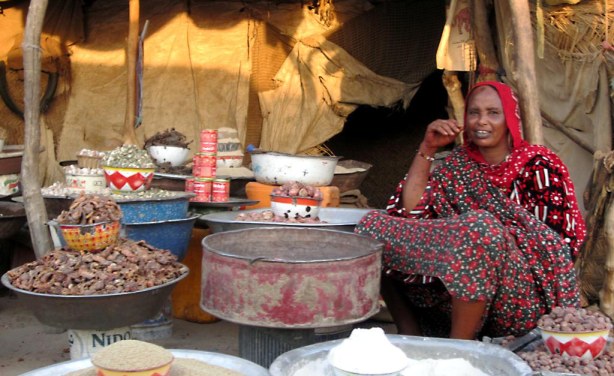The continent has the highest rate of female entrepreneurs globally with approximately 26% of female adults involved in entrepreneurial activity contributing between U.S.$250 and U.S.$300 billion to African economic growth in 2016, equivalent to about 13% of the continent’s GDP, writes Jemimah Njuki for IPS.
The AfCFTA holds great potential by creating the largest free trade area in the world. It connects 55 countries, bringing together 1.3 billion people and a combined gross domestic product (GDP) valued at U.S.$3.4 trillion. The Women and Youth in Trade conference, hosted by H.E Samia Suluhu, the President of Tanzania, and the AfCTA secretariat aims at helping the AfCFTA work better for women and youth.
The conference is expected to come up with practical solutions and legislation that governments and other stakeholders must take to implement the protocol, but more importantly, to ensure women can benefit from the AfCTA.
Women earn on average 34% lower profits than men. Structural barriers like this hamper the growth of women-led or owned businesses. These barriers include discriminatory legal and customary frameworks and practices, gendered stereotypes, norms and biases, and unequal distribution of unpaid care and domestic work. Together, they prevent the full and equal realization of women’s rights and their full, equal, and meaningful participation and leadership in the economy.
